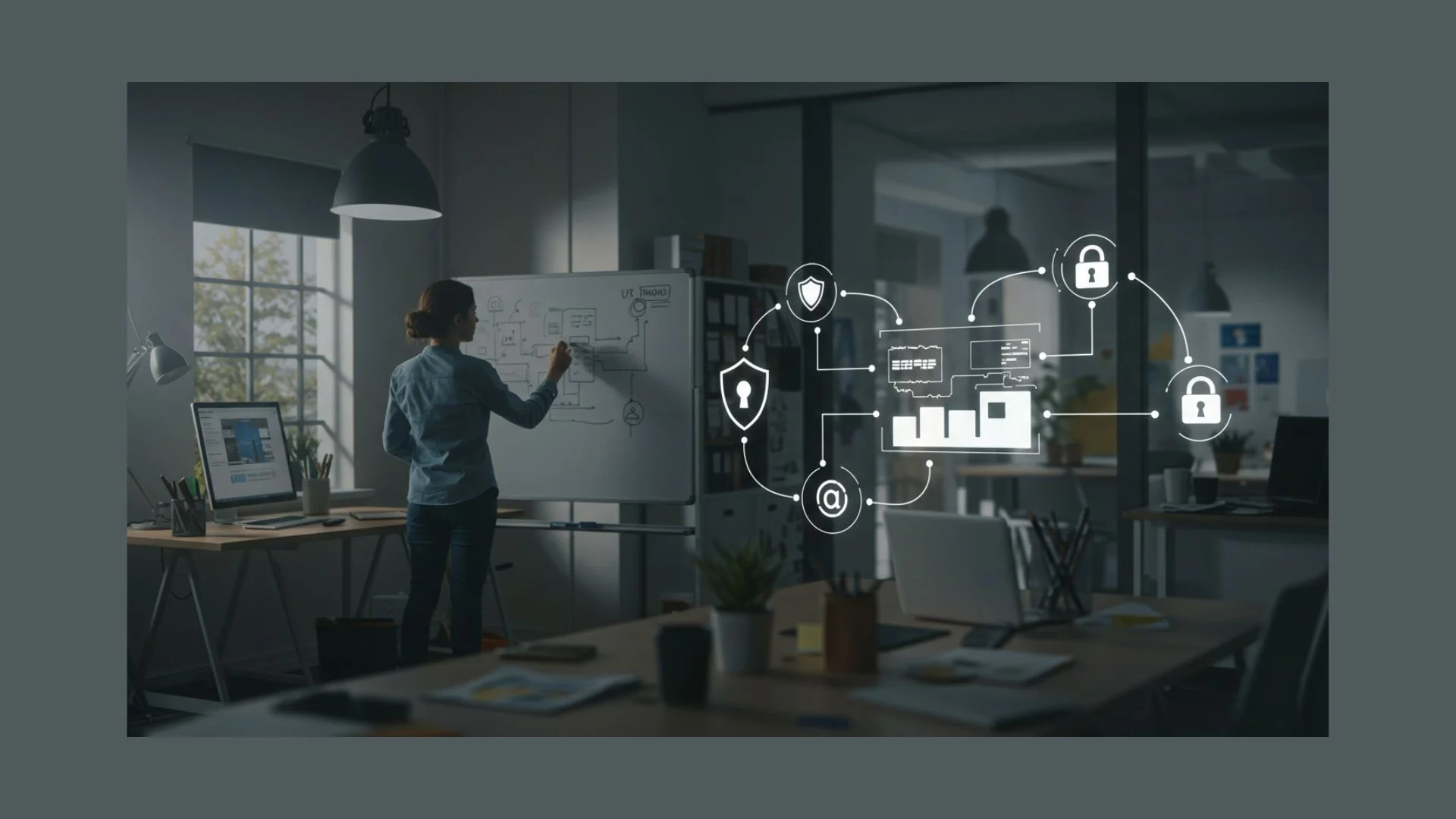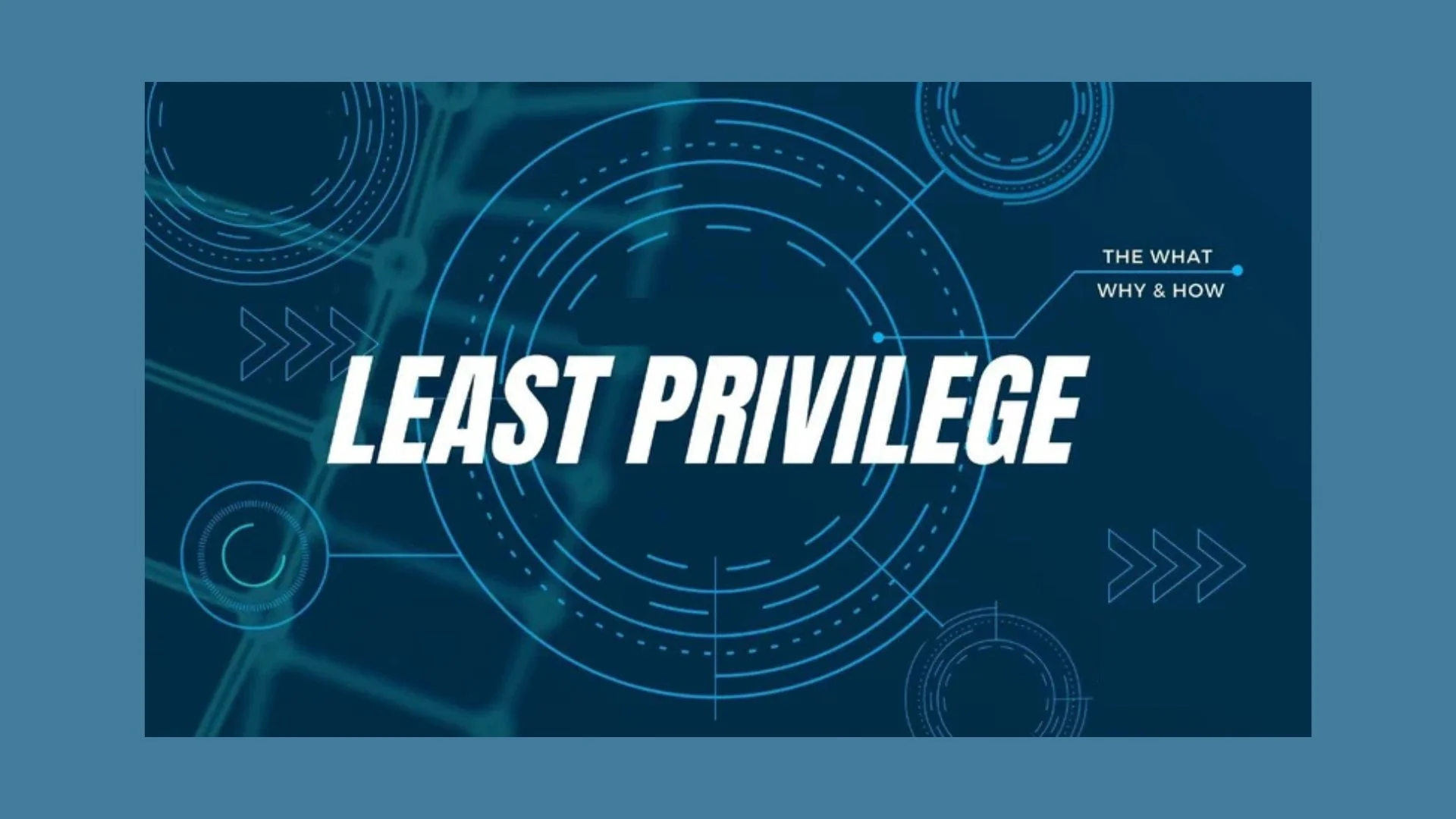Privacy isn’t something you slap on after a system’s built. It should be there from the start, especially when you’re automating workflows that handle sensitive data.
That’s where the concept of “Privacy by Design” comes in. It’s the idea of baking privacy and security into your systems from day one. Not as an afterthought, but as a default.
And it matters now more than ever. Teams are automating faster, integrating more tools, and moving parts of their stack into the cloud. Automation without privacy is almost like a ticking time bomb.
In this post, we’ll walk through how to embed privacy into your workflow automation strategy without slowing anything down.
What is Privacy by Design (PbD)?
Privacy by Design isn’t a product or a plugin. It’s a mindset. It means you build systems with privacy in mind from the start, not patch it up later when things go wrong. It’s about being proactive, not reactive.
The idea was first formalized by Dr. Ann Cavoukian, who laid out 7 core principles. The three key highlights:
- Privacy as the default: People shouldn’t have to opt out to stay private. It should be built in.
- Full lifecycle protection: From data collection to disposal, privacy stays intact.
- Visibility and transparency: Users know what’s happening to their data and why.
Compare that to the old way of doing things, where privacy was bolted on at the end, usually after a breach or compliance audit. Besides, as more teams adopt hybrid cloud security solutions to support distributed workflows, embedding privacy early becomes even more essential.
With more automation and cloud tools in the mix, skipping PbD is reckless.
Common Privacy Risks in Workflow Automation
Automation is meant to make life easier, but it also opens new doors for privacy slip-ups. Many automations run with full admin access. That’s a problem when they don’t need it. One misconfigured flow, and sensitive data can leak fast. Moreover, connecting tools like CRMs, email platforms, and databases without proper encryption or API authentication? That’s a recipe for data exposure.
Without proper supervision, there is little to no visibility into who did what. That is, without clear audit trails, you won’t know if someone accessed the wrong record or if a bot ran a faulty task. Then there’s the risk of shadow IT. Employees building their own automations (with no IT oversight) can cause privacy headaches, particularly if they pull in tools that don’t meet security standards.
Data over-collection is yet another risk. Just because you can collect it doesn’t mean you should. Automations often grab more data than necessary, increasing your privacy risk.
Embedding Privacy into the Automation Design Phase
Privacy starts with asking the right questions before you build anything.
Here’s how to bake it into your workflow from the ground up:
- Collect only what you need: Don’t let your automations hoard data. Define exactly what’s necessary for the task, and cut the rest. Less data = less risk.
- Classify your data upfront: Know what kind of data your automation touches—PII, health info, financials. Tag it early so you can treat it appropriately throughout the workflow.
- Set role-based permissions: Make sure only the right people—and bots—can access sensitive data. If a workflow doesn’t need full access, don’t give it.
- Pick privacy-ready tools: Choose automation tools that are SOC 2, ISO 27001, or GDPR-compliant. Bonus points if they support hybrid cloud security solutions natively.
- Limit data sharing between tools: Every extra handoff is a potential leak. Map out where data flows and look for unnecessary jumps between services.
Designing with privacy in mind might slow you down slightly at first. But it saves you a world of pain later. Especially when auditors, regulators, or customers come knocking.
Secure Architecture for Workflow Automation
Good automation runs fast. Great automation runs securely too. Here’s how to build a privacy-first architecture behind the scenes:
- Encrypt everything: Use encryption for data privacy at rest and in transit. Whether it’s moving between apps or sitting in a queue, it should always be locked down.
- Use API keys and tokens wisely: Hardcoding credentials? That’s a no-go. Store secrets securely (think vaults or key managers), and rotate them regularly.
- Go least privilege, always: Give your automation bots the bare minimum permissions they need. No more, no less. This limits the blast radius if something breaks.
- Add rate limits and timeouts: Don’t let automations run wild. Protect your APIs with rate limits, retry logic, and expiration policies.
- Log activity in the right places: Create detailed, tamper-proof logs. Know what ran, when, and why, especially when handling regulated data.
For workflows spanning cloud and on-prem environments, secure architecture is even more critical. Hybrid setups demand layered defenses like endpoint protection, private connectors, and hybrid cloud security solutions that tie it all together.
Privacy-Aware Development and Deployment Practices
Designing for privacy is one thing. But how you build, test, and deploy your automations matters just as much.
Run a Privacy Impact Assessment (PIA). Before launching any new workflow, assess the risks. Who’s affected? What data is involved? What could go wrong?
Use anonymized or synthetic data in testing. Never test automation flows with real user data. Mask it, fake it, or use sample sets designed for development. Build in alerts for unusual activity. For this, add logic to flag when workflows behave unexpectedly (like accessing more data than usual or running at odd times).
Next, track every change. Use Git or other versioning tools, especially for scripts or code-based workflows. This helps with audits and quick rollbacks. Make sure only approved automations go live. Use CI/CD practices, peer reviews, and sign-offs, just like you would for any production code.
Finally, privacy isn’t a dev-only thing. Everyone who touches automation—from ops to marketing—should understand what’s at stake. This is where a lot of businesses trip up. They focus on getting the automation to work but forget to make it safe. Privacy-aware deployment keeps your workflows fast, functional, and fully accountable.
Monitoring, Auditing & Updating
Once your workflows are live, the real work begins: monitoring, auditing, and keeping things fresh.
Here’s how to stay on top of it:
- Track workflow activity in real time: Use logging and monitoring tools to watch what’s happening under the hood. Who’s accessing what? When? Why?
- Set up automated alerts: Flag anything unusual, like access outside of business hours, sudden spikes in data volume, or attempts to reach restricted systems.
- Audit regularly: Create a schedule to review workflows. Check data flows, permissions, and logs. Spot privacy drift before it becomes a problem.
- Kill off unused automations: Dormant flows are silent risks. Decommission any automation you’re no longer actively using or monitoring.
- Update with every system change: When your CRM, database, or compliance rules change, so should your workflows. Don’t assume they still work the same way or will stay compliant.
- Document everything: Keep a living record of each workflow’s purpose, data flow, access list, and privacy safeguards. This helps with internal reviews and outside audits.
Modern monitoring tools and hybrid cloud security solutions can take a lot of the heavy lifting off your plate. However, make sure they’re actually turned on and configured right.
Privacy-First Workflow Automation: Wrapping Up
As automation becomes second nature in every team’s workflow, the risks of ignoring privacy grow fast. One misstep and you’re looking at data breaches, fines, and lost trust. But the good news is that embedding privacy doesn’t have to slow you down. With the right tools, smart design choices, and a few guardrails, you can automate faster and safer. Think of it like this: every workflow is a system. Every system needs guardrails. Privacy by Design just makes sure those guardrails are there from day one. So before your next automation goes live, ask: Does this workflow protect the people behind the data?
If you’re looking for a secure, privacy-first platform to build and manage your mobile app workflows, check out nandbox’s no-code app builder that puts user data protection at the core.







